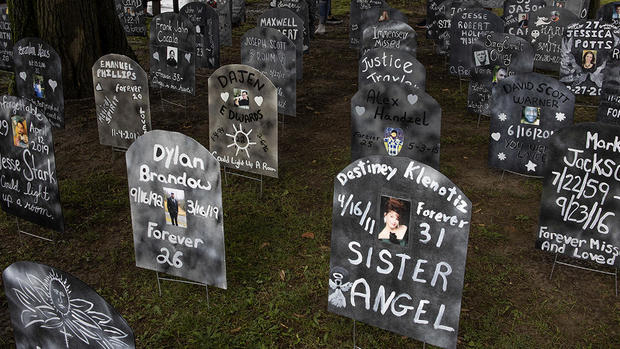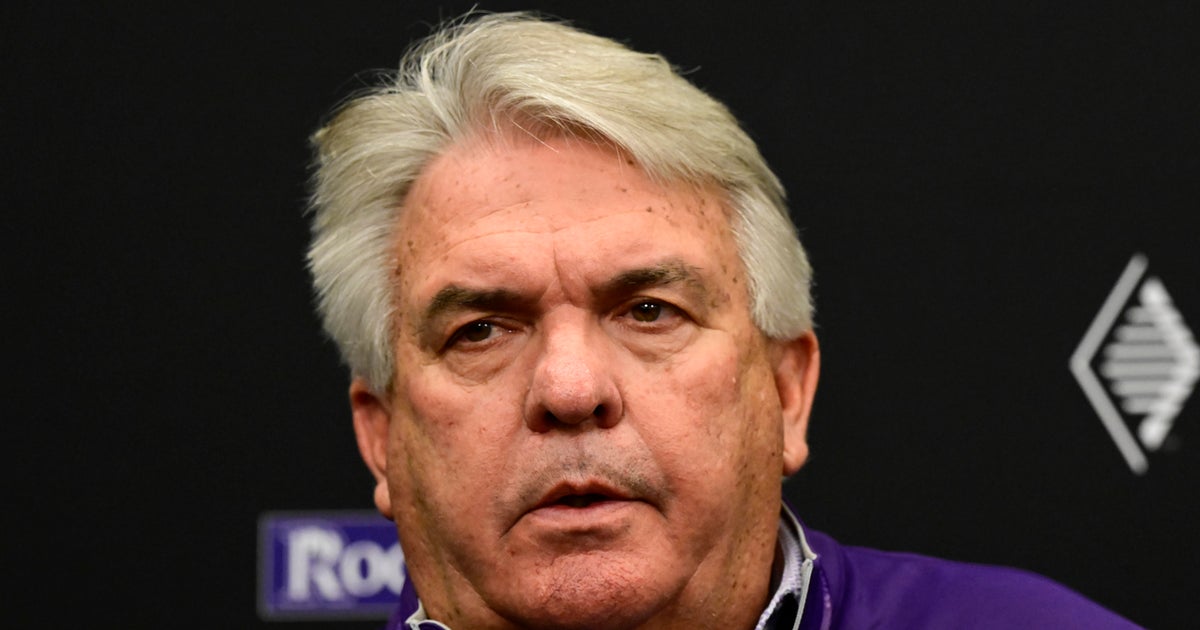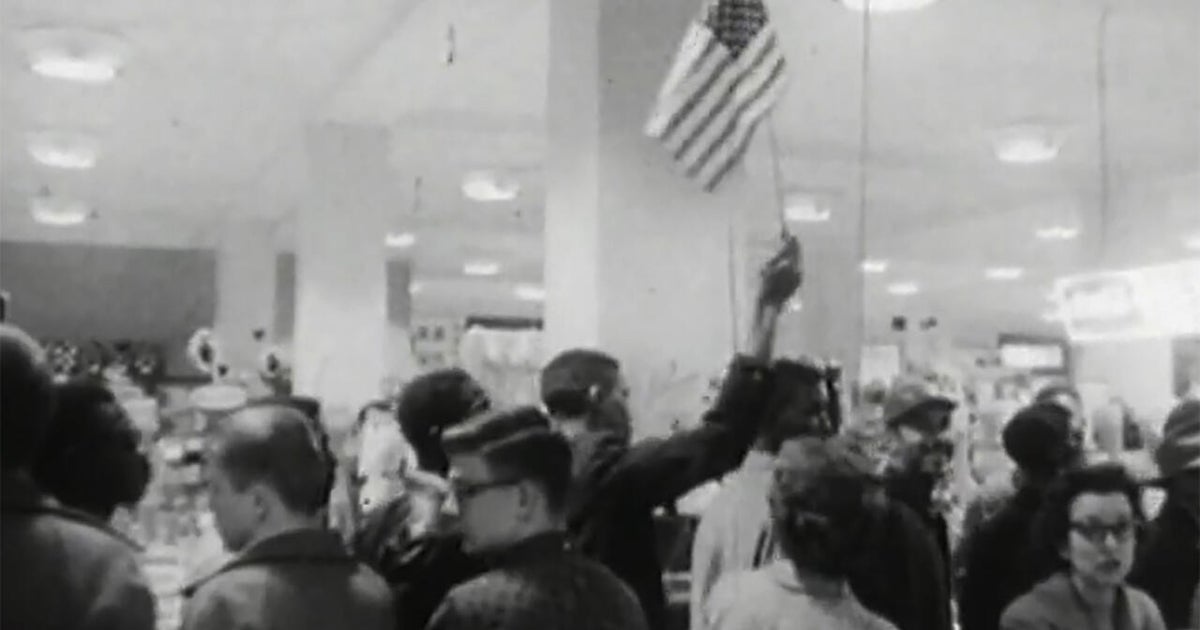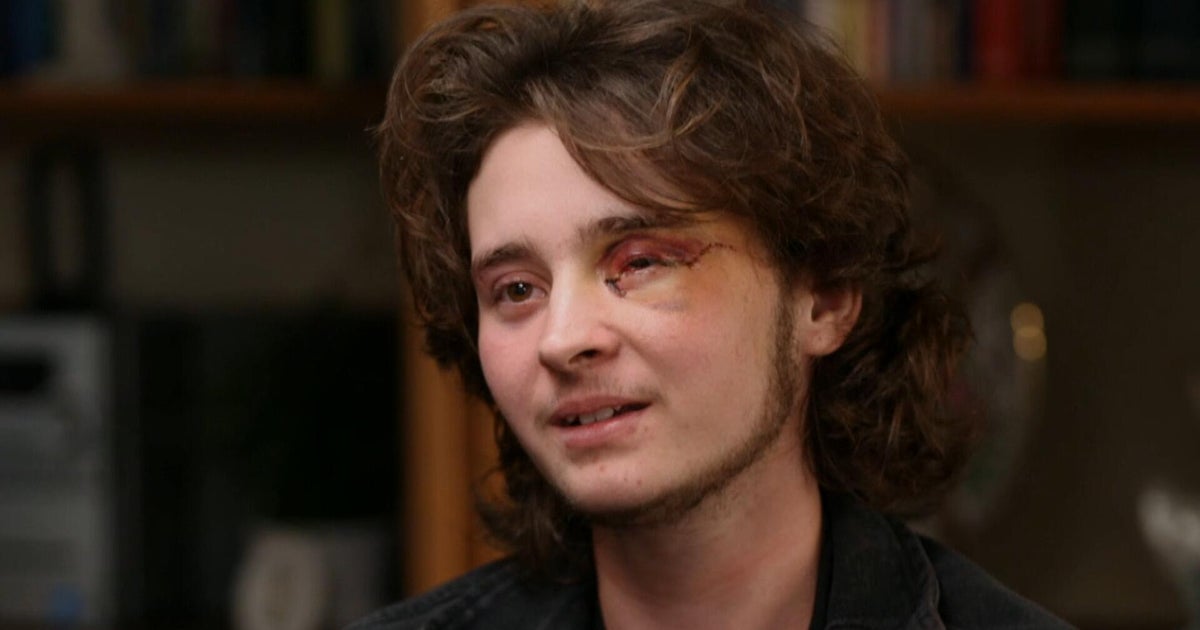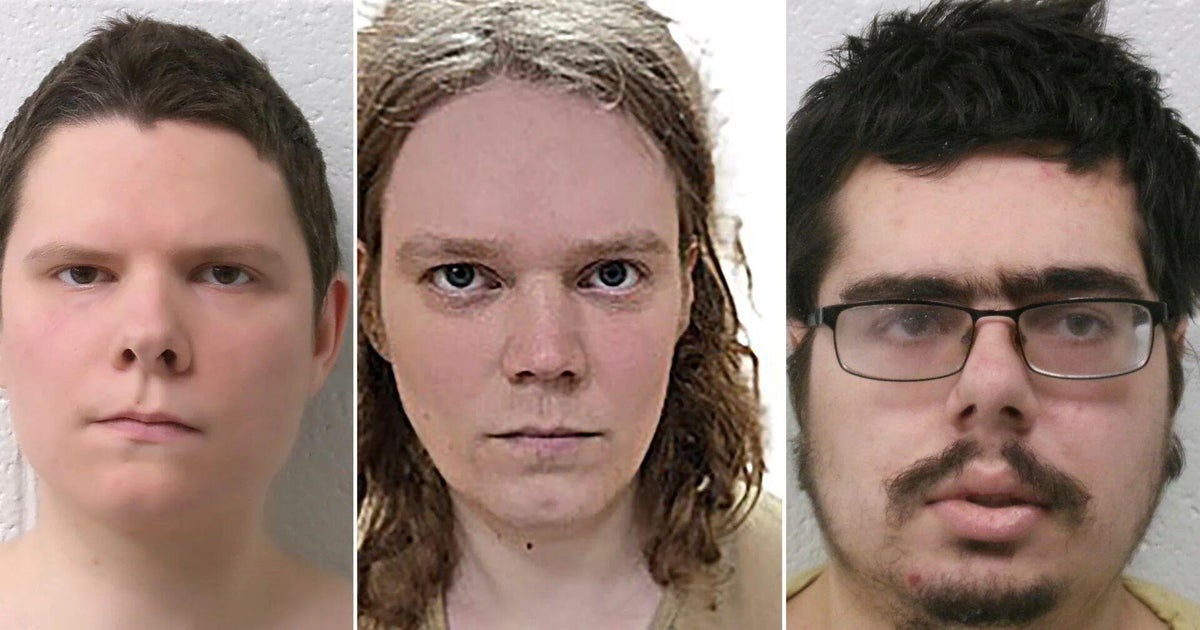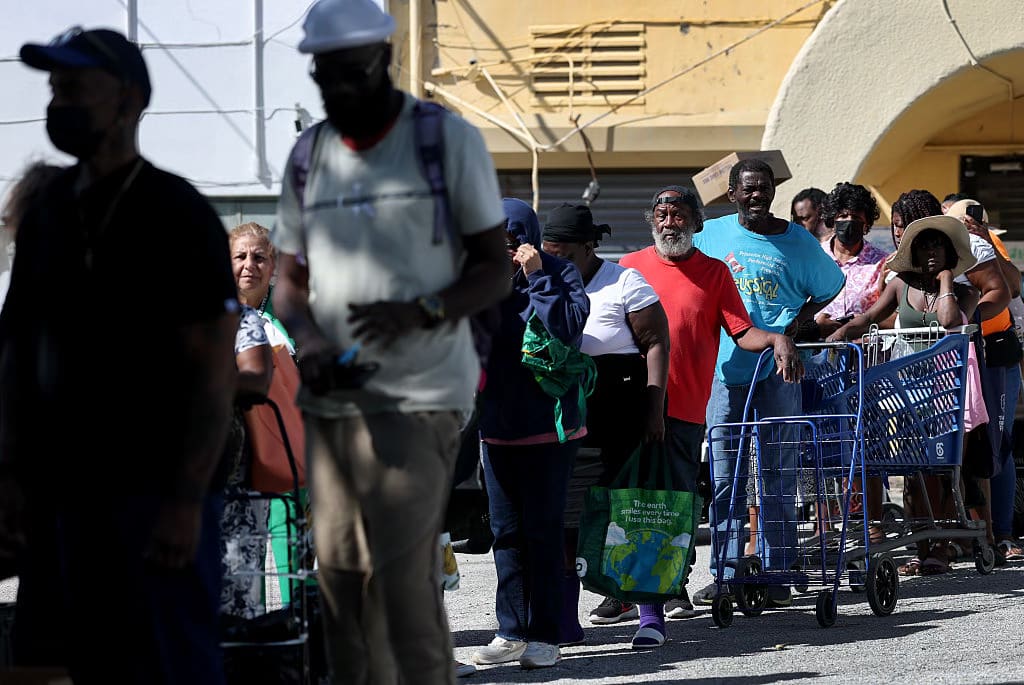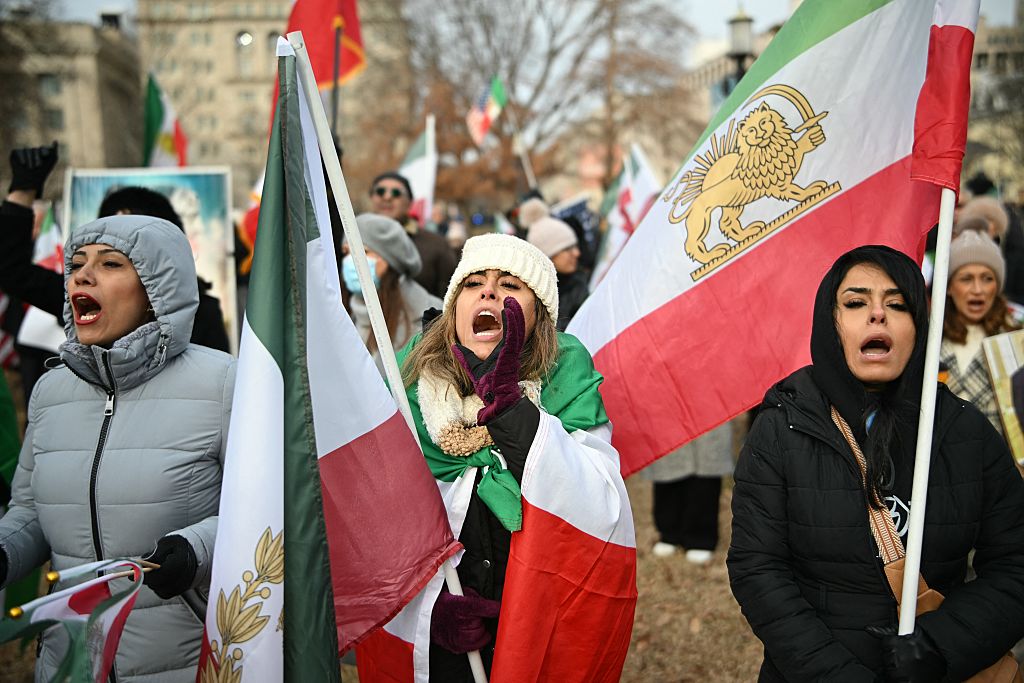Family impacted by opioid crisis wants reckoning
Four of the six defendants in a landmark federal case against opioid manufacturers and distributors negotiated a last-minute settlement. The tentative deal reportedly will cost those companies a combined $260 million, but avoids a trial that was supposed to begin in Cleveland Monday morning.
The Walgreens drugstore chain still faces trial at a later date unless it joins that settlement. This case is the first of more than 2,000 lawsuits filed by local governments over the opioid crisis that has killed about 400,000 Americans since 1999.
We met with a West Virginia family devastated by the opioid epidemic. Wanita Harvey never thought she'd spend her retirement years raising young children, but around a decade ago, she became a mother again – twice over.
"I love them. They're the loves of my life," Harvey told CBS News correspondent Adriana Diaz. "I think for me my biggest fear is… what if they have to have pain medication… and will it tip them over into being addicted."
Harvey and her husband adopted their grandchildren, Emmalee and Jerimiah, because of their birth mother's addiction, which Harvey said started when a doctor prescribed her opioids after a car accident. Harvey said the children were born addicted to drugs.
The Harveys live in Beckley, West Virginia, hit hard by the opioid epidemic. West Virginia has had more opioid related deaths than any other state, followed by neighboring Ohio. The Harveys are now part of a class action lawsuit against opioid distributors, manufacturers and retail pharmacies, accusing them of aggressively marketing, distributing and over-prescribing the drugs.
Stephen New, the Harvey family's attorney, is closely watching the federal case involving Summit and Cuyahoga Counties in Ohio.
"In the court room, everyone's equal. A family, like the Harvey family, or a county like Cuyahoga County, stands on equal footing with multi-national billion dollar corporations," New said.
New York attorney Harlan Levy said the Ohio federal case is known as a bellwether trial, which helps set the groundwork for around 2,500 similar cases across the country.
"The numbers that are at stake are enormous," Levy said.
But it's not the first time recently that a major corporation has been taken to task. In August drugmaker Johnson & Johnson was ordered to pay more than $572 million after being found liable in state court for helping fuel Oklahoma's opioid crisis. They are appealing the decision.
"This is entirely new ground. This is the reckoning of the opioid crisis," Levy said.
A reckoning is exactly what Harvey wants.
"Their lives are forever changed. Not only birth moms, grandparents, but the children. The children's lives are forever changed," Harvey said.
We reached out to the companies and corporations involved in the federal case. In a statement, the Healthcare Distribution Alliance said:
"We remain deeply concerned by the impact the opioid epidemic is having on families and communities across our nation—and we're committed to being part of the solution.
"It's important to understand the nature of the role distributors play in the pharmaceutical supply chain. As logistics experts, we help ensure that medicines prescribed by licensed doctors are delivered to licensed pharmacies, so they are available for patients who need them, when they need them, where they need them. We are only one component of the supply chain, which also includes drug manufacturers, regulatory bodies like the U.S. Drug Enforcement Administration and state pharmacy boards, payers, prescribing doctors and dispensing pharmacists."
